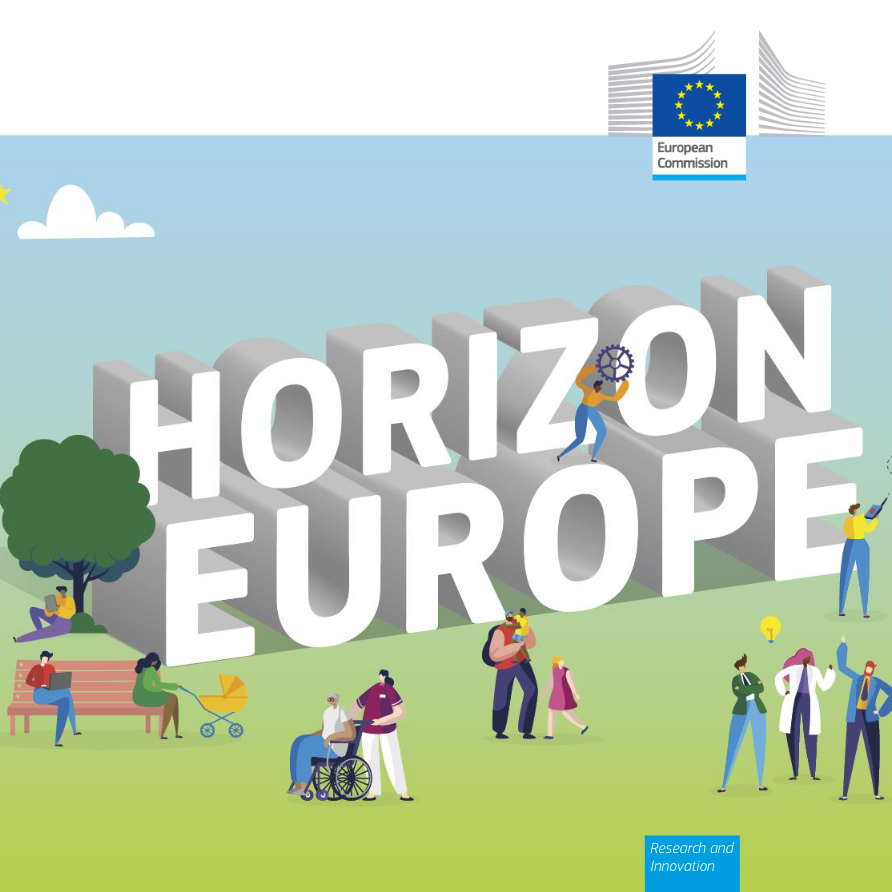SEPTON is a recently awarded Horizon proposal that aims to address the gap in the generic technologies and processes on IT network infrastructure in the health sectors and modern security requirements. SEPTON assumes a holistic approach towards reinforcing networked-medical-device (NMD) security within the healthcare centre premises. The project will advance cutting-edge solutions in healthcare cybersecurity targeting the aforementioned health providers and particularly focusing on networked medical devices (NMDs). The SEPTON approach will result in a comprehensive cybersecurity toolkit providing tools and mechanisms to be used in hospitals and care centre. It focuses in 4 main pillars:
a) The protection of networked medical devices, including wearable and implantable devices, and using techniques such as automatic ahead-of-threat patching, dynamic biometrics and polymorphism.
b) The secure and privacy-preserving data exchanges between NMDs, utilizing techniques such as blockchain, differential privacy and encryption.
c) Behavioral-anomaly detection, utilizing a cybersecurity analytics framework coupled with machine learning techniques and hardware acceleration for increased performance.
d) NMD vulnerability assessment. The usability of the proposed solutions will be tested in a realistic setup via extensive pilot trials, facilitated by the participation of two healthcare organizations.
The project is set to start in early 2023 and NCL is a core SEPTON partner, leveraging expertise in implantable medical devices from the lab’s SiMS research theme. Erasmus MC will deploy NMD demonstrators of the project within its Faculty-Clinic environment. Besides, the Erasmus MC – TU Delft Convergence will also be crucial for the excellent execution of this project: Technical knowhow and prototyping will be carried at the Quantum & Computer Engineering department premises.

